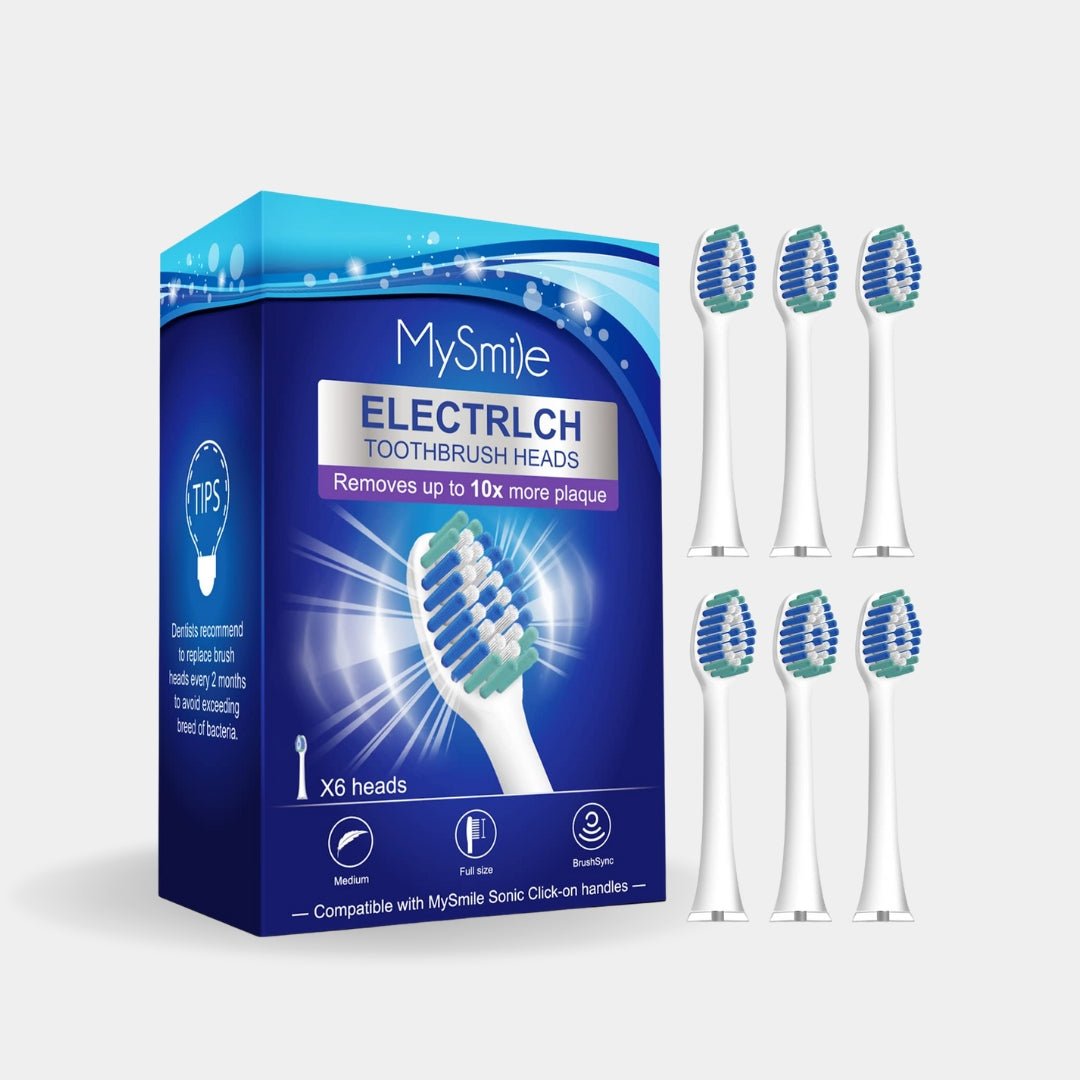
Electric toothbrushes have become increasingly popular in recent years due to their ability to provide a thorough and efficient cleaning experience. However, some users may experience tooth sensitivity or discomfort after switching to an Teeth Whitening. In this blog post, we will explore the reasons why your teeth might hurt after using an electric toothbrush and provide tips on how to alleviate any discomfort.
- Pressure Sensitivity: One common reason why your teeth might hurt after using an electric toothbrush is due to excessive pressure applied during brushing. Electric toothbrushes are designed to do the work for you, so there is no need to apply extra force. If you are pressing too hard against your teeth and gums, it can lead to irritation and sensitivity. To prevent this, try holding the brush lightly and letting the bristles do the work.
- Brushing Technique: Another factor that can contribute to tooth sensitivity with an electric toothbrush is improper brushing technique. It’s essential to use gentle circular motions and avoid scrubbing back and forth aggressively. Focus on each individual tooth and make sure to reach all surfaces, including the gumline. If you are unsure about your brushing technique, consult with your dentist or dental hygienist for guidance.
- Brush Head Replacement: Over time, the bristles on your electric toothbrush head can wear down, becoming less effective at removing plaque and debris from your teeth. Using a worn-out brush head can also lead to increased friction against your enamel, causing discomfort or pain. Make sure to replace your brush head every 3-4 months or sooner if you notice signs of wear.
- Sensitivity Issues: If you already have sensitive teeth or gum issues, using an electric toothbrush may exacerbate these conditions. Some models come with different settings for sensitive teeth or gums that provide a gentler cleaning experience. Additionally, consider using a softer bristle brush head that is less abrasive on delicate areas of your mouth.
- Consultation with a Professional: If you continue to experience discomfort or pain after using an electric toothbrush, it’s essential to consult with a dental professional for further evaluation and recommendations. They can assess the root cause of your symptoms and provide personalized advice on how to improve your oral hygiene routine without causing additional sensitivity.
Conclusion: In conclusion, while some individuals may experience temporary discomfort after switching to an electric toothbrush, there are several ways to address this issue effectively. By adjusting your brushing technique, replacing worn-out brush heads regularly, considering sensitivity issues, and seeking guidance from a dental professional if needed, you can enjoy all the benefits of using an electric toothbrush without any unnecessary pain or sensitivity. Remember that maintaining good oral hygiene practices is key in preventing dental problems in the long run!


